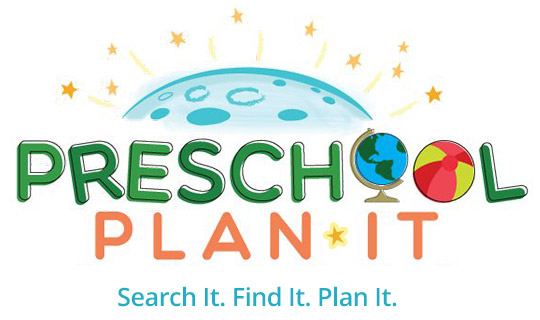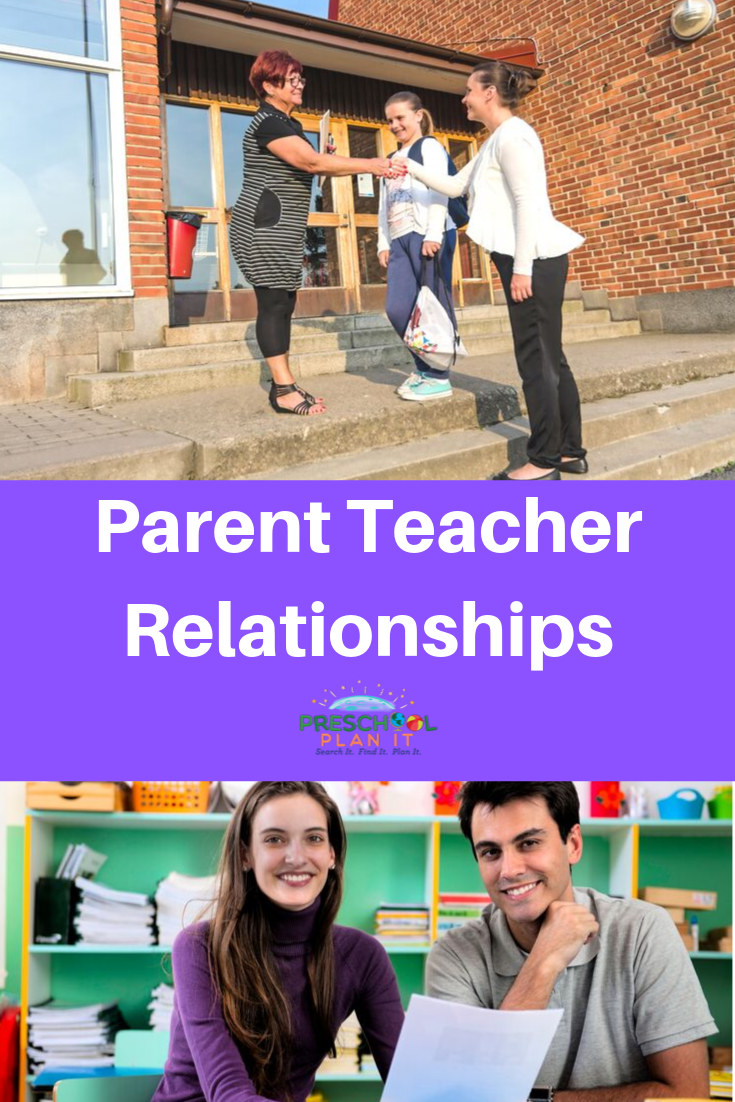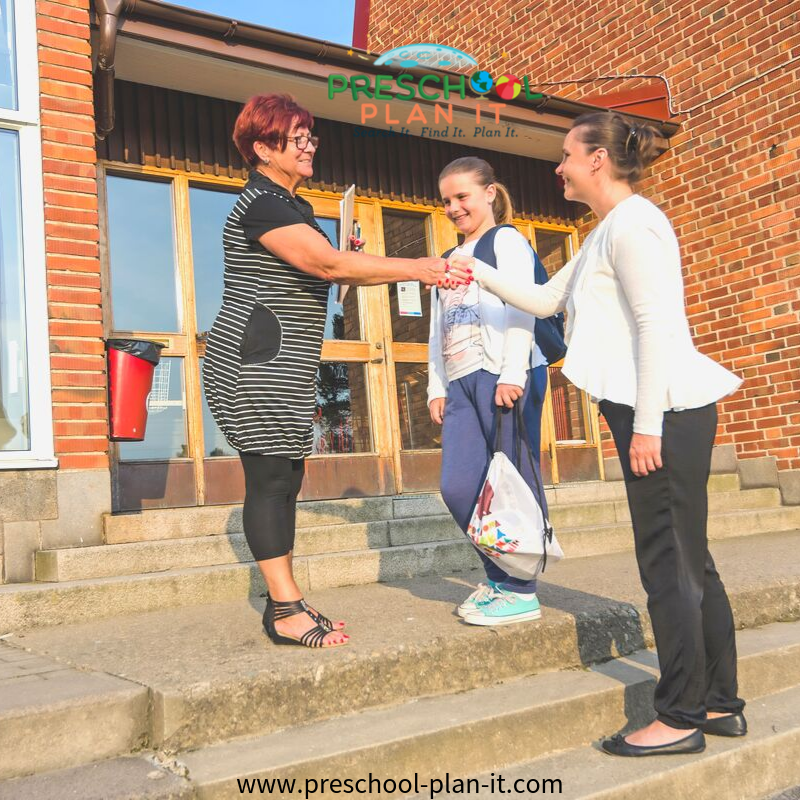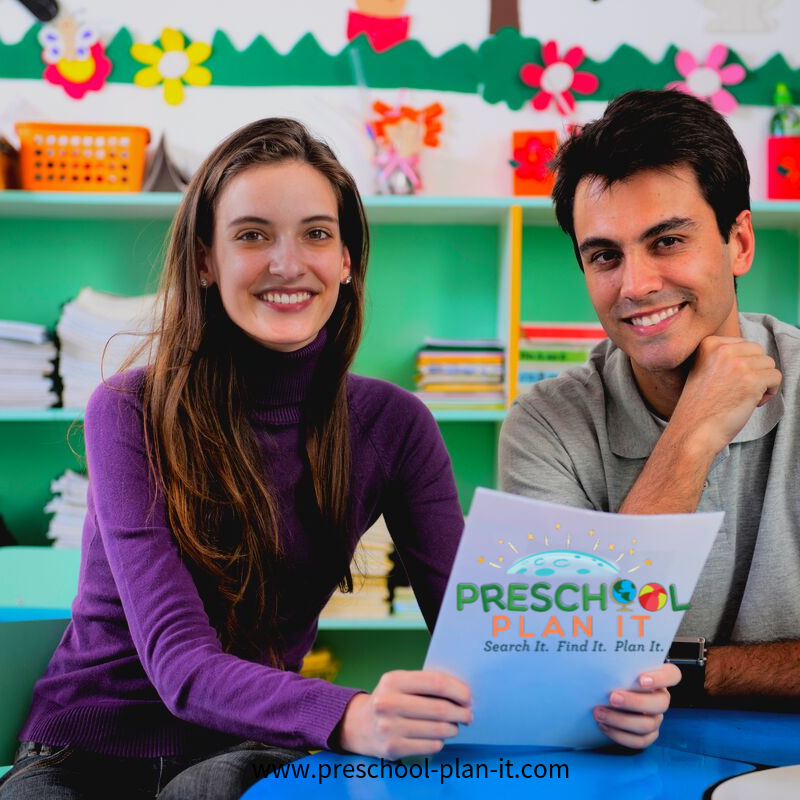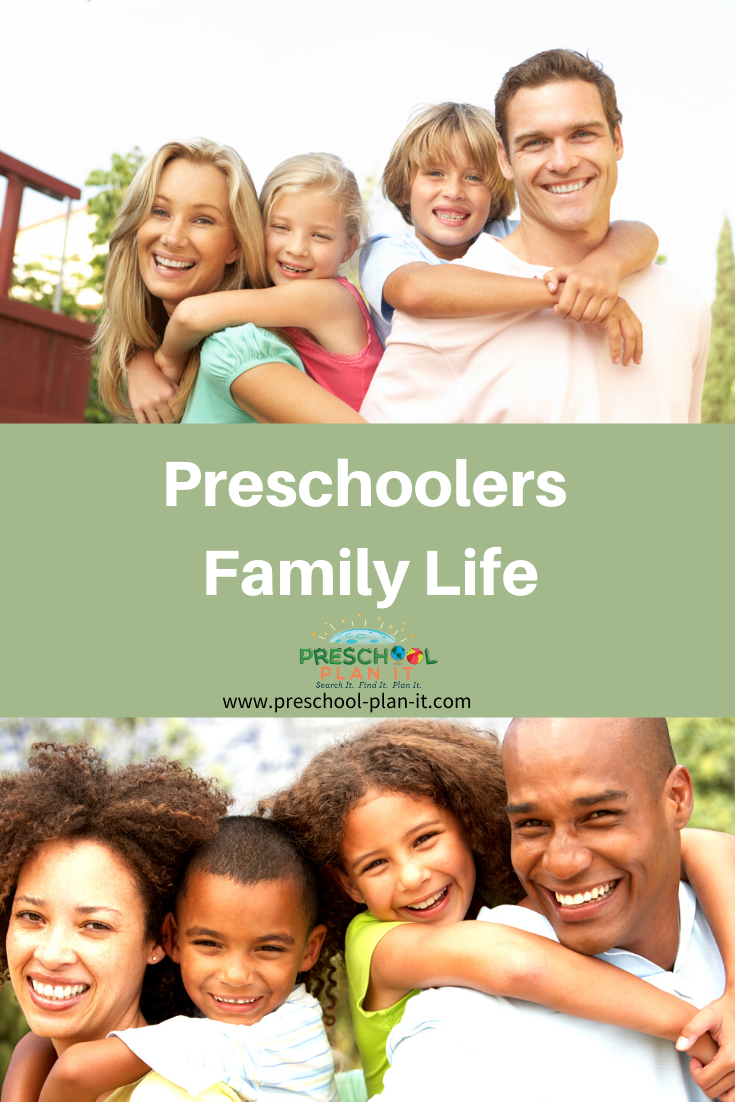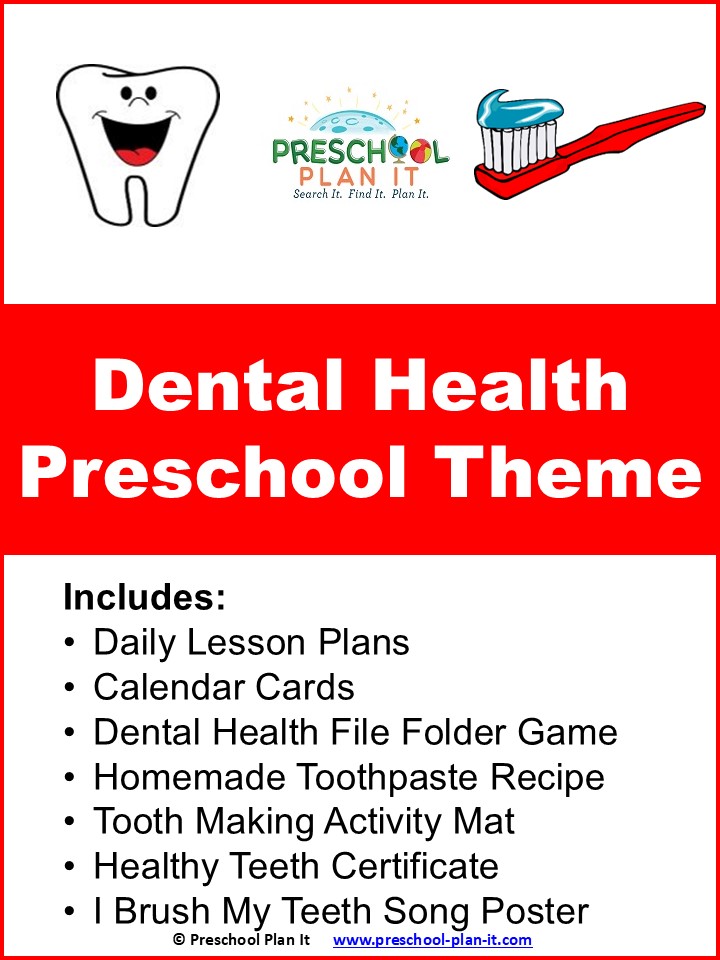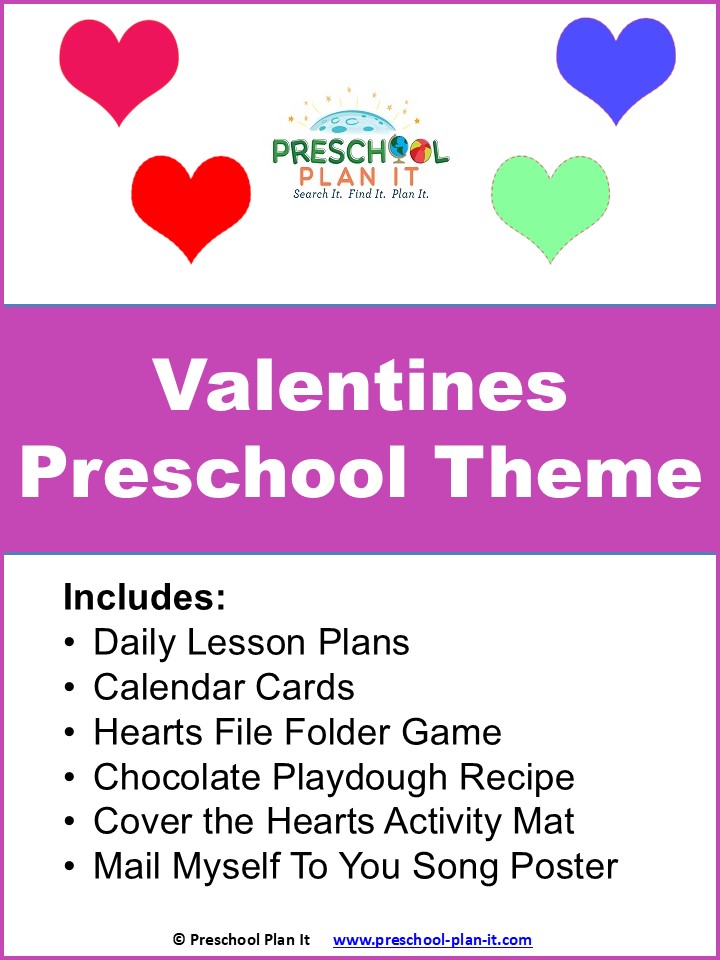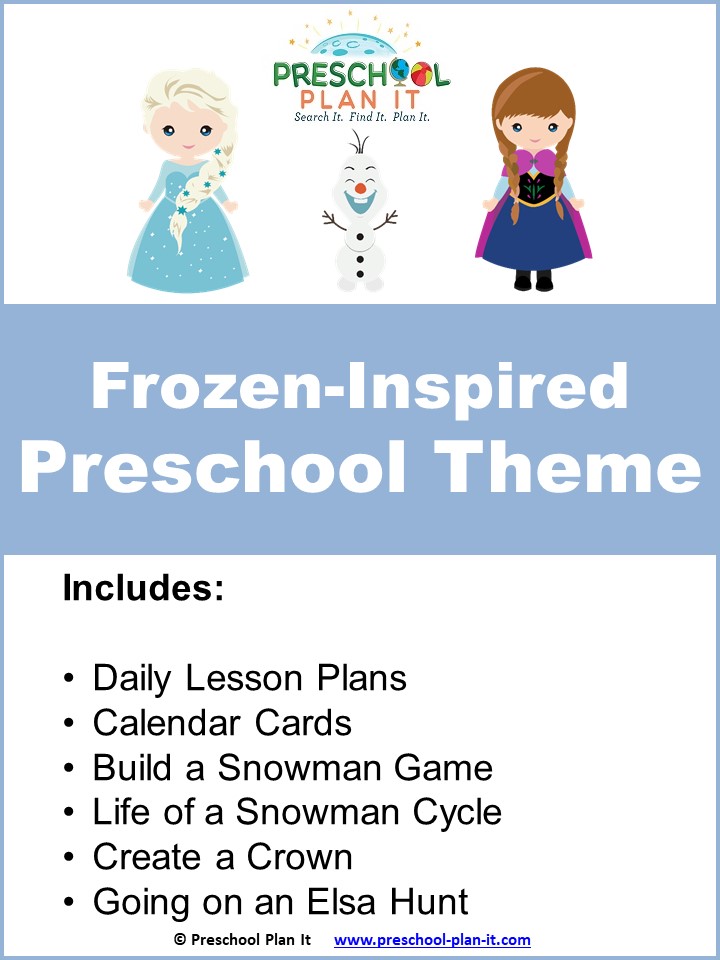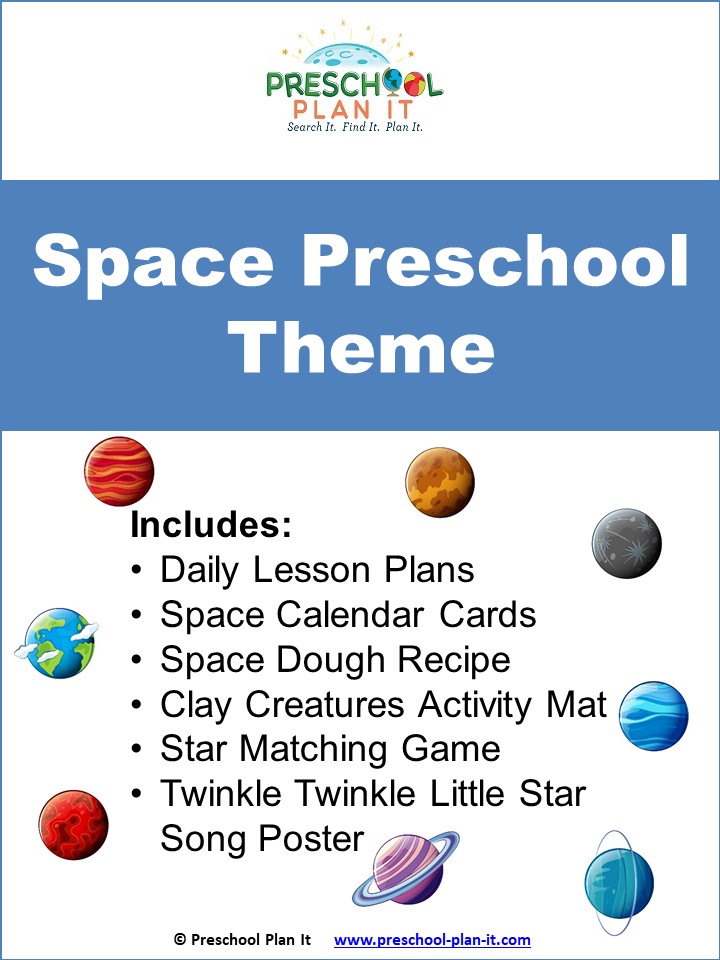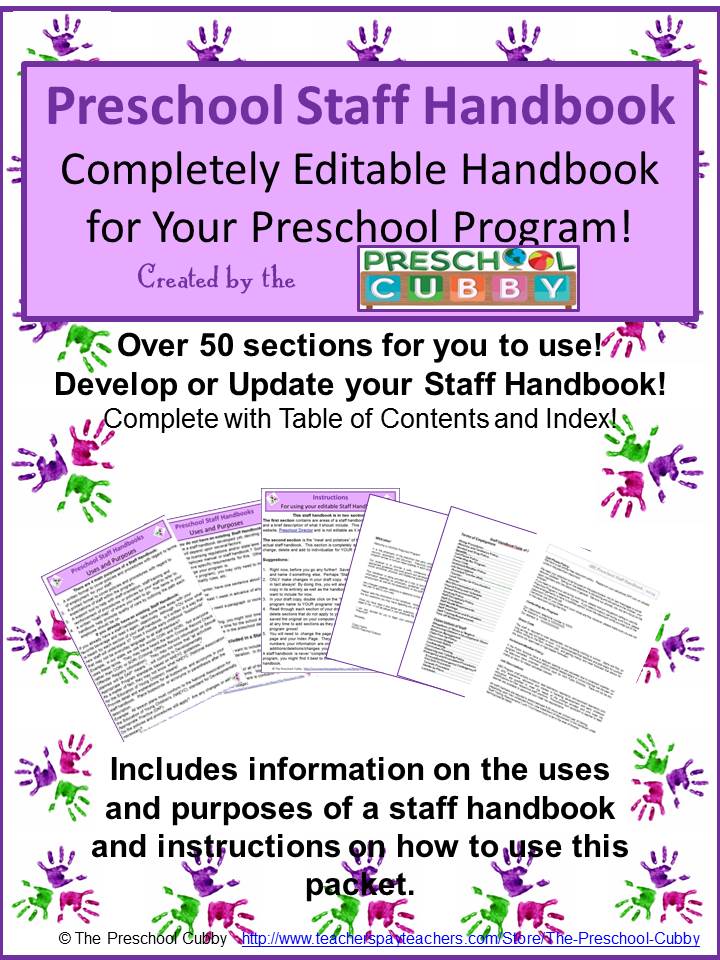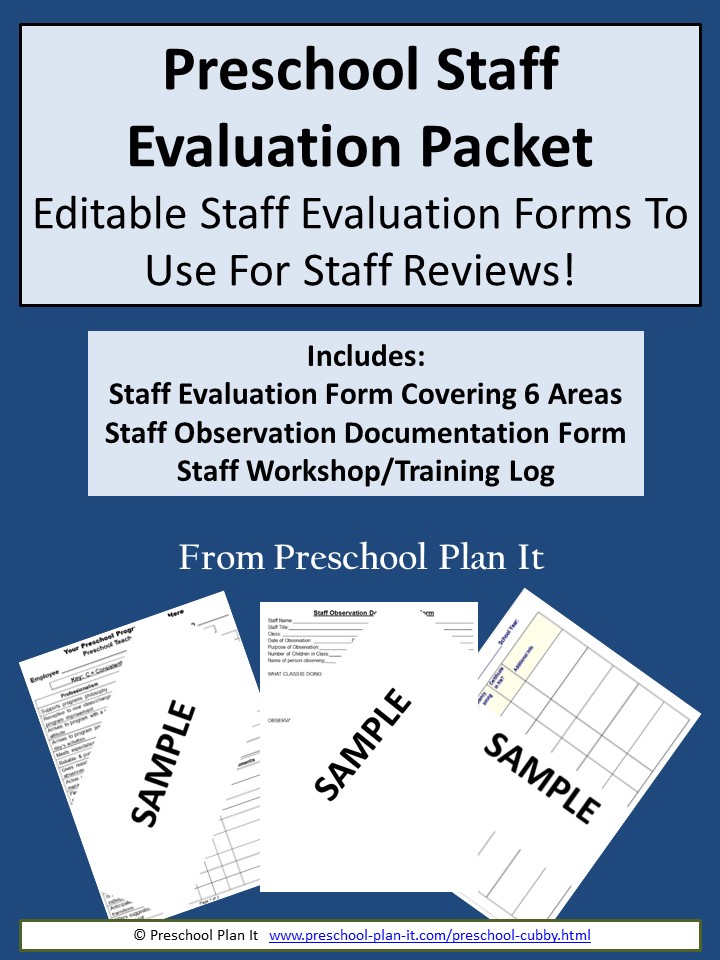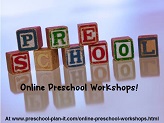- Theme Packs
- Themes
-
Preschool Planning
- Preschool Teachers
Parent Communication:
Building Parent Teacher Relationships
Building parent teacher relationships in preschool should be a top priority. Families entrust the most important people in their lives to you: their children.
Here we will talk about how to develop our relationships with parents from that first phone call or tour to the day to day interactions.
Before we delve into those areas, let's consider the child's entire family.
- You may have a student who is dropped off and picked up by grandma. This child may spend evenings or afternoons with her or he may live with her. More and more grandparents are becoming the active custodians of their grandchildren for a variety of reasons.
- You may have a student who is from a divorced or separated parent situation.
It is important for you to know who this child spends time with during the week and on the weekends.
The point is that it is important for you and your staff to know the people directly involved in each child’s life including grandparents, step parents, foster parents and, of course, each child’s parents!
Why?
- When Grandpa drops his grandchild off and she cries…do you know why she is crying? Is this typical separation anxiety? Perhaps.
- Or perhaps Grandpa has been visiting for a month and will be flying home today.
- Or perhaps the child just visited Mom this weekend in prison but lives with Grandma.
- When Mom drops her son off and he cries, again- is this typical separation anxiety? Perhaps.
- Or, perhaps it is Dad’s scheduled visitation weekend or split week.
Home is always home! What happens at home stays with us all day.
The more connected you and your staff are to families and the better you know them improve parent teacher relationships.
And that partnership better enables your program to help each child grow and develop.
Let's Start Building Parent Teacher Relationships!
With trusting relationships formed, preschool teachers and directors can work together with families, as a team, to provide what is in the best interest of our preschoolers!
Communicating with with parents and families in preschool is important. There is information parents want to know from you and there is information you want to know from parents as well as information you need parents to know about.
Parents want to know what their child is doing in your program. They want to know how they are doing, what they participate in, who they play with, if they've eaten their lunch!
There is also information they want and need about upcoming events such as field trips, Parent/Teacher conferences, Family nights and even scheduled closings (for holidays, school breaks, etc.).
There are many forms of Parent Communication and not all families communicate the same.
- Some of your families won't read a newsletter but will check your website or Facebook page.
- Some of your families are not online often and would prefer a newsletter or a phone call or text reminder.
- Some of your families have mixed responsibilities. A grandparent may drop the child off and a parent picks the child up.
- Some of your families don't receive your information on time! For example, you might have a grandparent pick the child up to spend the weekend with them or, in divorce situations, one parent may be picking up on Friday for the weekend and dropping off on Monday. In these cases, we need to realize that our notes that go in a backpack on Friday may not reach the parent responsible for that event (i.e. "Don't forget - You're in charge of beverages for Monday night's meeting!") in time if the child is spending the weekend with someone else!
Let's look at a few of them and consider the many ways we can build these relationships!
Daily Parent Communication
Drop off and pick up times are, of course, a great time to informally chat with parents. It can be a rushed time so it's not a time for "conferencing" with them about their child. This is a great time to say hi, address them by name (do you know their first names?) and share a quick tip or idea about what you'll be doing in class today or what they should ask their child about at home (ask her what we did at the science table today! She was quite the color scientist!).
Try to limit the stressful or negative news sharing during these times. If their child had a tough day, sharing that with them during the 30 seconds you have with them at pick-up time is not the best way to do it. Instead, I suggest calling them later in the evening to ask for their input on an issue you have.
Daily notes used to be common in programs. However, we all know that time is short. There are ways to do this, but it takes planning and organizing. As an alternative, try using Daily Communication Boards
Parent Bulletin Boards can be very helpful for parent communication. Decorate your bulletin board using the children's artwork and visually display parent information on that board.
Weekly and Monthly Parent Communication
Consider, if you don't already, sending information home on a weekly and/or monthly basis such as:
Weekly Summaries (this week your child...)
Weekly Newsletter (Next week we will……)
Monthly Newsletters
Monthly Calendars
Parent Volunteers in the Classroom
Parent Volunteers in the Classroom is the ultimate way to get to know parents, for them to get to know you and for them to get a clear understanding of what happens in your classroom!
Monthly Events
Open House
An open house could be held monthly. Traditionally this has been a time when interested families can come in and check out your program. However, it can also be a time when current families come in to chat with teachers and directors. I would suggest, if the latter is the reason, that you go with a Family Event night.
Family Events
Hold monthly or quarterly Family Events. This could be an Art Show displaying the children's art work from the year. It might be a night for a Concert or Play that your children perform. Invite families to this and have refreshments afterward. You might have a Preschool Family Science Night where there are activities going on at different stations for families to participate in together. Family events are great times to connect socially with families.
The Preschool Tour is that moment when an interested family comes in to check out your program. This is not just a time for families to meet the director! Families will be spending time in your rooms to see how you interact with children and to get to know you via observation! Be prepared! Work with your director on making sure you have a few moments to talk with perspective families. Perhaps your director can take over your class while you do this!
Parent Education Provide workshops or training for parents about issues that concern them. This could be through in-school gatherings or through a handout or video that you can email them the details of.
Parent Orientation Meetings These are the meetings you would have at the beginning of the year for new families! It is the perfect time to have a meet and greet, cover expectations and answer questions. As a teacher, you should be there to meet the parents.
In your classroom, be sure to have information available that lets parents know what children learn through play at each interest center. I created posters written from the perspective of the children to hang in each center.
Parent-Teacher Conferences
Parent Teacher Conferences are a HUGE opportunity to get to know families and for them to get to know you! You'll learn a lot about each child by just chatting with them!
Online Parent Communications
Let parents know what's going on through your website.
Use your programs Facebook page to your advantage - use it as an educational tool!
Offline Parent Communication
There are many apps programs can use to communicate with families such as Hi Mama, Educa, or Brightwheel. Each has its own unique features so you will need to decide which works best for your program.
I met some of the HiMama team at a conference and was very impressed with their mission and values and how much priority they put on helping parents connect with their children. Check them out to see which works best for your program.
Telephone Calls: Yup. Place an old fashioned phone call to parents just to say hi and share a funny or sweet story about their child with them. If you have 16 children in your group, call 8 parents each month. You'll be reaching out, just to connect, with each family 6 times a year and those connections make a huge difference.
Home Visits: One program I worked for required monthly home visits. I LOVED doing home visits! The separation anxiety diminished once the preschoolers had their teacher at their house haning out and chatting with them and their families.
Closing thoughts...
Which form of parent communication should YOU use?
Truth be told, there is no ONE form that works best.
You may (and most likely, will) use many forms!
Other Pages That May Interest You
Go to Preschool Plan It's Home Page


Hey there! Welcome to Preschool Plan It! I’m Cheryl, a preschool teacher of over 20 years.
I KNOW, I know, you spend hours of time developing your preschool themes, activities and preschool lesson plans each week. You are commited to planning preschool themes and activities that are engaging hands-on, interactive, fun AND meet the goal of supporting each child’s level of growth and development.
I am commited to providing you, the preschool teacher, with everything you need to develop preschool lesson plans and preschool activities for your classroom all in one place!
READ MORE
Join My Free Preschool Teacher Tips Newsletter
You’ll receive a weekly email with planning tips and teaching ideas.
You'll also receive (on the 1st of each month) a free theme starter pack with some printables and activity ideas to get you started planning a theme!Join Now and Get Your First Theme Right Away!
© Copyright 2010-2026 Preschool-Plan-It.com | All Rights Reserved | Privacy Policy & Disclaimer
- Preschool Teachers
